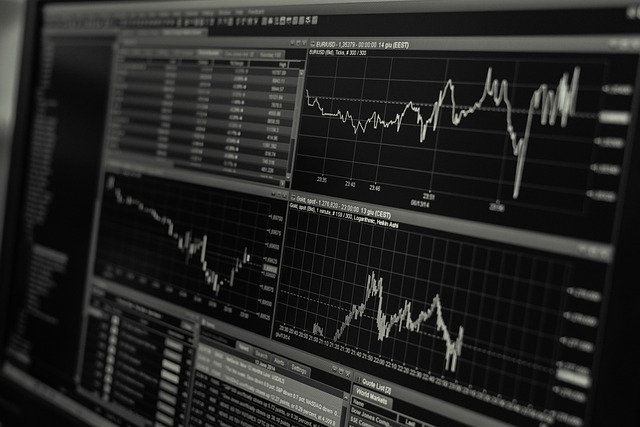What an Economics Degree Covers and Career Paths
An economics degree is a structured program that introduces students to how individuals, firms, and governments allocate resources. It blends theoretical models, empirical analysis, and quantitative methods to explain markets, incentives, and policy outcomes. Graduates leave with analytical tools useful across sectors including finance, public policy, research, and education.

economics: core concepts and coursework
A typical economics curriculum begins with microeconomics and macroeconomics, which examine decision-making by individuals and the economy as a whole. Courses often include econometrics, game theory, public economics, and labor economics. Quantitative training—statistics, calculus, and data analysis—is common because modern economic work relies on evidence and models. Electives may cover international trade, development economics, behavioral economics, and environmental economics, allowing students to tailor studies to specific interests.
education: degree types and program formats
Economics degrees are offered at associate, bachelor’s, master’s, and doctoral levels. A bachelor’s provides foundational knowledge and prepares students for entry-level roles or graduate study. Master’s programs (MA, MSc, or MPhil) emphasize advanced theory and quantitative skills, while a PhD focuses on original research for academic or high-level policy careers. Many universities also offer joint degrees or concentrations—such as economics with data science or public policy—available on-campus or through online and part-time formats to fit different education needs.
career: typical roles and career trajectories
Graduates with an economics degree enter diverse careers. Common entry roles include data analyst, financial analyst, research assistant, policy analyst, and consultant. With experience or advanced study, people move into roles such as economist, investment strategist, academic researcher, or public-sector advisor. Transferable skills like critical thinking, quantitative literacy, and written communication support career shifts into business, technology, law, and non-profit management. Employers range from banks and consulting firms to government agencies and think tanks.
finance: how economics connects to financial work
Economics provides a strong foundation for finance-sector roles because it explains incentives, market structure, and pricing mechanisms. Training in econometrics and forecasting supports tasks like risk assessment, asset valuation, and macroeconomic scenario analysis. Students interested in finance often take additional coursework in corporate finance, investments, or financial engineering, and pursue internships to gain practical experience. Understanding both microeconomic behavior and macroeconomic trends is valuable in roles that require interpreting policy impacts or market movements.
university: choosing a program and evaluating fit
When selecting a university program, consider faculty expertise, curriculum balance between theory and applied work, quantitative requirements, and internship or research opportunities. Accreditation, career services, alumni network, and connections to local employers can affect job placement. Prospective students should review course catalogs and speak with advisors or current students to assess class sizes, lab facilities, and opportunities for undergraduate research or teaching assistantships. For those balancing work or family commitments, part-time and online program formats may provide necessary flexibility.
Conclusion
An economics degree equips learners with conceptual frameworks and quantitative tools to analyze real-world problems across markets, policy, and organizations. Program levels and elective choices shape career readiness, while practical experience—internships, research, or data projects—strengthens employability. Whether aiming for finance, government, research, or broader analytical roles, the degree fosters transferable skills that remain relevant across changing labor markets.




